There is a need for drastic measures to restructure the market, foreigners are increasingly buying houses in Vietnam, procedures for allowing land use purpose change... are the latest real estate news.
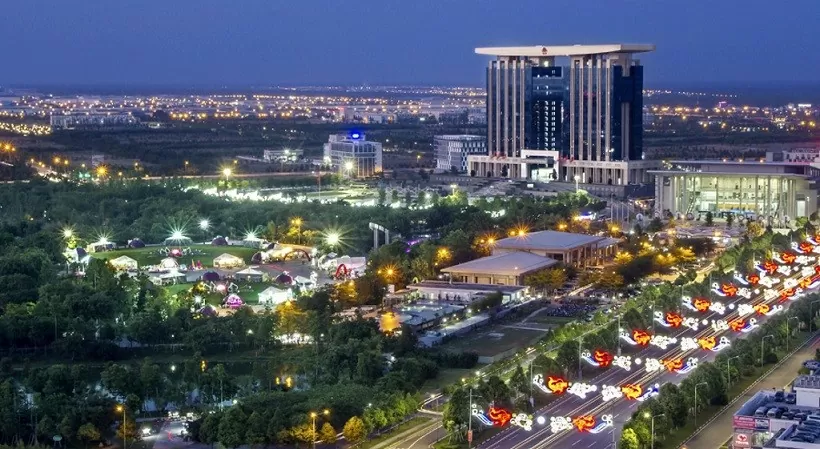 |
| The real estate market is a sensitive sector to monetary policy, interest rate policy and cash flow policy in the economy . (Source: Crystal Bay) |
Tightly control the capital flow of 2.5 million billion VND into real estate
The banking industry aims to increase credit growth by 16%, equivalent to VND2.5 million billion to be pumped into the economy to create momentum for economic development, achieving GDP growth of 8% in 2025. However, according to experts, it is necessary to clearly identify priority sectors to avoid the risk of financial bubbles, especially in the real estate sector.
With a huge amount of money being pumped out, if not allocated properly, especially in priority areas in the manufacturing sector, it will re-establish the situation of inflation, asset bubbles and increasing bad debt...
The real estate market is a sensitive sector to monetary policy, interest rate policy and cash flow policy in the economy. Currently, the total outstanding real estate credit reaches 3.15 million billion VND, accounting for about 20% of the total outstanding debt of the economy.
In the context of real estate ownership value in Hanoi and Ho Chi Minh City reaching a high threshold, far exceeding the affordability of the majority of people who need to own a house in big cities, the movement of cash flow needs to be allocated and controlled tightly, avoiding the situation when cash flows into highly speculative places. The lesson of many cycles has caused a big bubble, according to experts, this is the excessively easy credit growth that causes the bad debt ratio to increase.
Dr. Tran Du Lich , member of the National Monetary Policy Advisory Council, said that this year's economic growth depends largely on credit flows. The huge amount of capital of VND2.5 million billion, if "injected" into the economy, will create a strong boost for aggregate demand.
However, this expert warned: "If a significant portion of the above capital does not flow into production and business but into stocks or real estate, the risk of a financial bubble like what happened before is very high."
According to Dr. Le Duy Binh, Director of Economica Vietnam, the development of the real estate market is a necessary factor for economic growth. However, the situation of capital flowing into speculative real estate is at risk of going astray, contrary to the goal of supporting people to buy houses.
To prevent this from happening, experts say drastic measures are needed to restructure the real estate market. Specifically, policies need to focus on developing real estate products for real housing needs, instead of products for speculative transactions.
The continued strong growth of bank credit this year is a positive signal for the economy, but it comes with warnings about the risk of a financial bubble, especially when this capital flows into real estate.
The Government and the State Bank need to have solutions to direct credit flows into real housing projects, serving the real needs of the people, avoiding the real estate market falling into speculation, affecting the stability of the economy.
From the perspective of the management agency, Deputy Governor of the State Bank Dao Minh Tu informed that in order for bank credit to actively support economic growth, the banking industry will focus capital on priority areas, investment, production and business, export, etc. In particular, banks will focus on consumer credit such as buying social housing.
Foreigners are increasingly buying houses in Vietnam.
In recent years, the trend of increasing home ownership by foreigners in Vietnam in general and Hanoi in particular has continued to grow. In particular, since the Housing Law 2023 officially took effect on August 1, 2024, it has become easier for foreigners to own homes in Vietnam.
According to statistics from the Ministry of Construction, from 2015 to the end of the third quarter of 2023, more than 3,000 foreigners have bought houses in Vietnam, mainly apartments in commercial housing projects and concentrated in large provinces and cities. Of which, Hanoi accounts for more than half with 1,765 units - only about 0.53% of the total housing volume in the country in the period of 2018-2022.
As of the first half of 2024, foreigners have purchased more than 1,000 apartments in Hanoi. In the last quarter of 2024, the Hanoi Department of Construction also allowed 7 more apartment projects, with about 3,000 apartments to be sold to foreigners. Projects located in urban areas also quickly sold out about 60% of the apartments allowed for sale to foreigners, at prices 10% higher than those for Vietnamese people.
Mr. Nguyen Van Dinh, Chairman of the Vietnam Association of Realtors (VARS), said that the Housing Law 2023, which will take effect on August 1, 2024, with regulations creating favorable conditions for foreigners to own houses, has strongly promoted the trend of foreigners buying houses in Hanoi - one of the most vibrant real estate markets in the country.
According to the Chairman of VARS, the trend of increasing foreign home ownership in Vietnam in general, and Hanoi in particular, will continue to develop. This is a positive signal for the real estate market, contributing to absorbing a relatively large amount of high-end, luxury products that are still "inventory" on the market. However, this trend also poses many challenges for investors in meeting the needs of this group of potential customers.
To seize the opportunity from this demand group, investors need to research the market to determine which countries the target customer group comes from and what their ability to pay is. From there, implement appropriate projects that meet the needs and tastes of foreign customers.
Ba Ria - Vung Tau issues a series of policies to support social housing
On March 27, the People's Council of Ba Ria - Vung Tau province, term VII, 2021-2026, held its 27th session and passed resolutions regulating support policies for social housing projects and housing for armed forces in the area.
Accordingly, the province will support a budget of no more than 10 billion VND for each project to invest in building technical infrastructure systems within the project scope, including leveling, traffic systems, lighting, wastewater treatment, public sanitation, etc.
Of which, the support level for projects in Con Dao district is 80%; Vung Tau city, Phu My city, Ba Ria city is 50% and the remaining districts are 40%.
In addition, these projects are supported 100% of fees and charges when the project carries out administrative procedures at the competent authority to organize appraisal; appraisal of environmental licenses under local authority and collection of fees for appraisal of environmental impact assessment reports.
This policy aims to contribute to the goal of building nearly 22,000 social housing units by 2030 in Ba Ria - Vung Tau and enhancing the ability to attract investment in social housing projects.
The People's Committee of Ba Ria - Vung Tau province said that it is expected that from 2027 to 2030, there will be about 11 projects in the area receiving infrastructure funding support, with a budget of about 71.6 billion VND.
In 2025 alone, the locality will implement about 15 housing projects with a scale of 54.3 hectares, arranging 12,366 apartments. In the period up to 2030, it will continue to support and facilitate the implementation of housing projects within the 20% land fund of 7 commercial housing projects, with a scale of 9,886 apartments.
Procedures for permitting change of land use purpose
How is the procedure for allowing change of land use purpose regulated?
Land use purpose change is when a land user is allowed to change from one land use purpose to another according to the provisions of the Land Law. Article 227 of the 2024 Land Law stipulates the procedures for allowing land use purpose change.
Accordingly, cases of land use purpose change must be permitted by competent state agencies as prescribed by this Law and shall be carried out in accordance with the following order and procedures:
1. Land users submit applications for change of land use purpose according to regulations.
2. The competent land management agency shall check the conditions for changing land use purposes. In case the dossier does not meet the regulations, the land user shall be instructed to supplement the dossier and resubmit it to the competent land management agency.
3. The competent land management agency has the following responsibilities:
a) In case of applying land prices in the land price list to calculate land use fees and land rents, the competent land management agency shall prepare a dossier and submit it to the People's Committee at the competent level to issue a decision permitting the change of land use purpose, land allocation, and land lease;
b) In case of determining specific land prices to calculate land use fees and land rents, the competent land management agency shall prepare a dossier and submit it to the People's Committee at the competent level to issue a decision permitting the change of land use purpose, land allocation, and land lease; organize the determination of land prices and submit them to the competent authority for approval of land prices to calculate land use fees and land rents.
4. Land users shall pay land use fees and land rents in accordance with the provisions of law; in cases where land use fees and land rents are reduced, the land use fees and land rent collection agency shall reduce the land use fees and land rents for land users.
5. The competent land management agency signs a land lease contract in cases where the State leases land; transfers the dossier to the land registration organization or a branch of the land registration organization to carry out the registration, issue the Certificate of land use rights and ownership of assets attached to land, update and correct the land database and cadastral records and hand over the Certificate of land use rights and ownership of assets attached to land to the land user.
6. In case of receiving transfer of land use rights and changing land use purpose, the procedure for registering transfer of land use rights and the procedure for changing land use purpose shall be carried out at the same time as the procedure for changing land use purpose according to the provisions of this Article.
Thus, the procedure for allowing change of land use purpose is prescribed as above.
Source: https://baoquocte.vn/bat-dong-san-kiem-soat-chat-dong-von-chay-vao-dia-oc-nguoi-nuoc-ngoai-dang-gia-tang-mua-nha-tai-viet-nam-trinh-tu-chuyen-muc-dich-su-dung-dat-309221.html



![[Photo] President Luong Cuong receives delegation of the Youth Committee of the Liberal Democratic Party of Japan](https://vstatic.vietnam.vn/vietnam/resource/IMAGE/2025/8/22/2632d7f5cf4f4a8e90ce5f5e1989194a)

![[Photo] President Luong Cuong attends special political-artistic television show "Golden Opportunity"](https://vstatic.vietnam.vn/vietnam/resource/IMAGE/2025/8/22/44ca13c28fa7476796f9aa3618ff74c4)


![[Photo] Prime Minister Pham Minh Chinh chairs the conference to review the 2024-2025 school year and deploy tasks for the 2025-2026 school year.](https://vstatic.vietnam.vn/vietnam/resource/IMAGE/2025/8/22/2ca5ed79ce6a46a1ac7706a42cefafae)




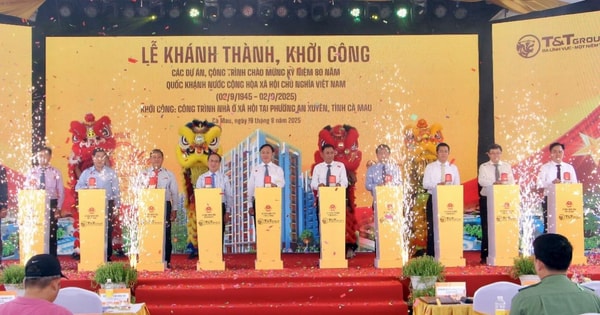


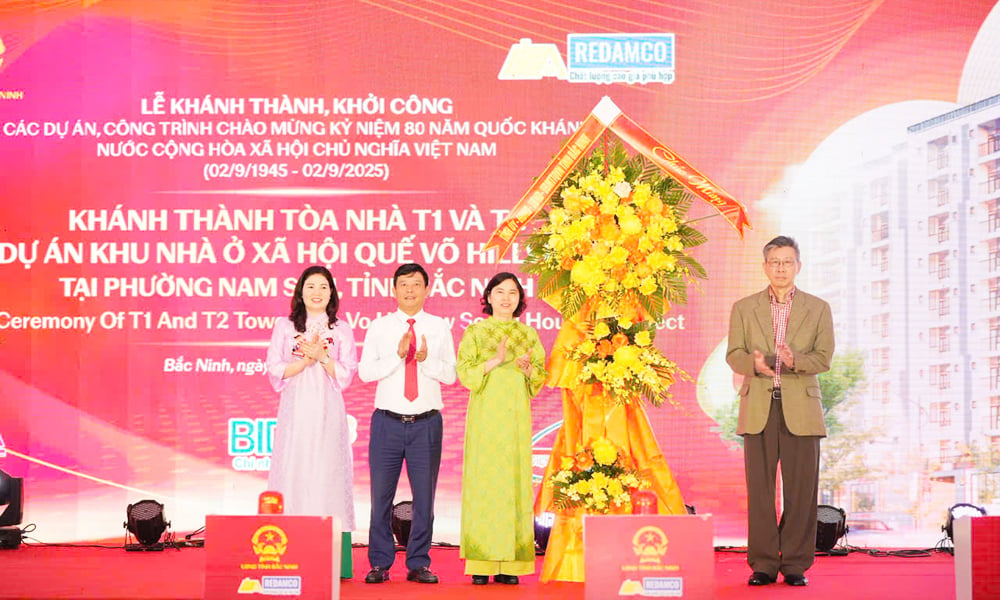

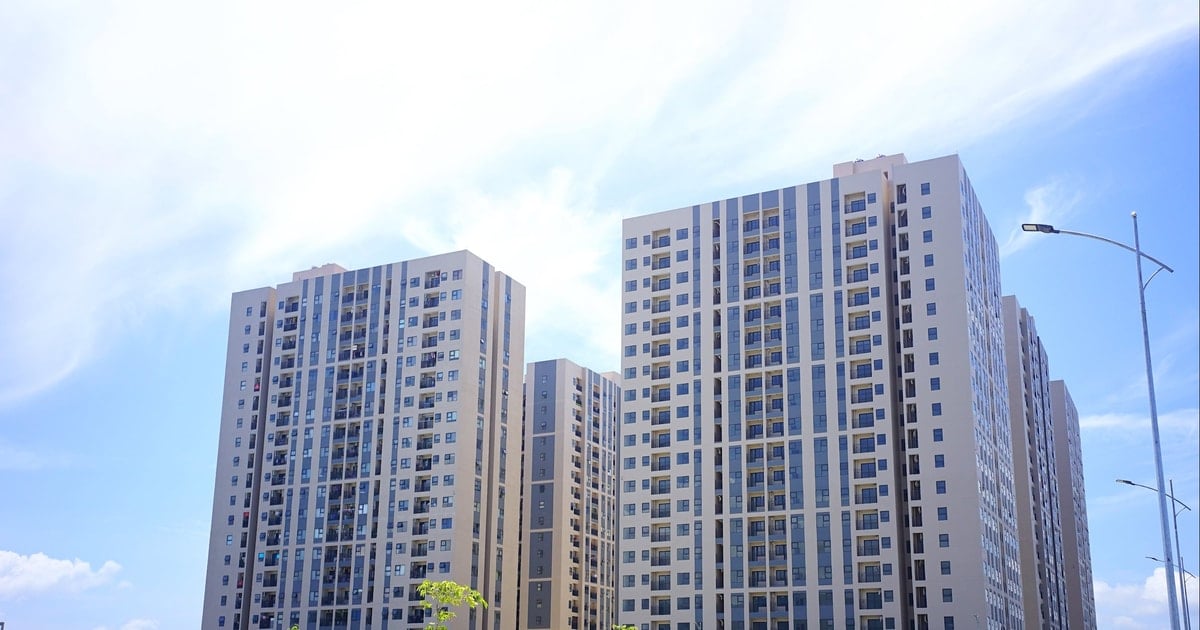








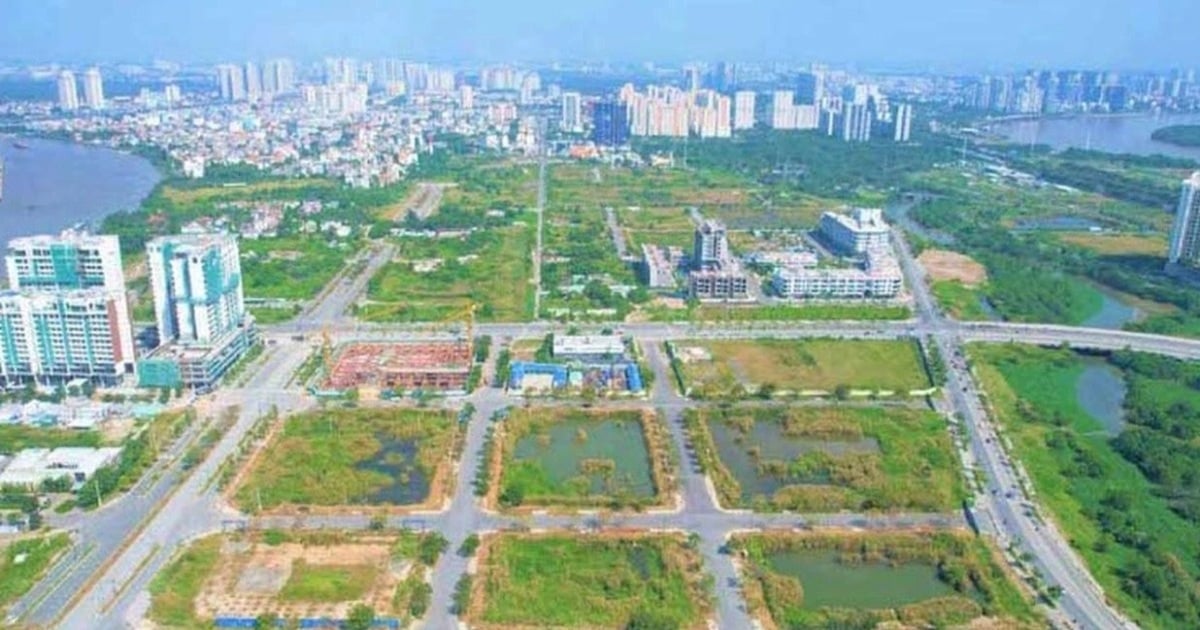
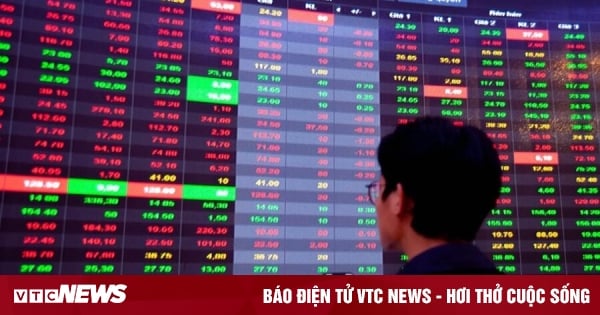




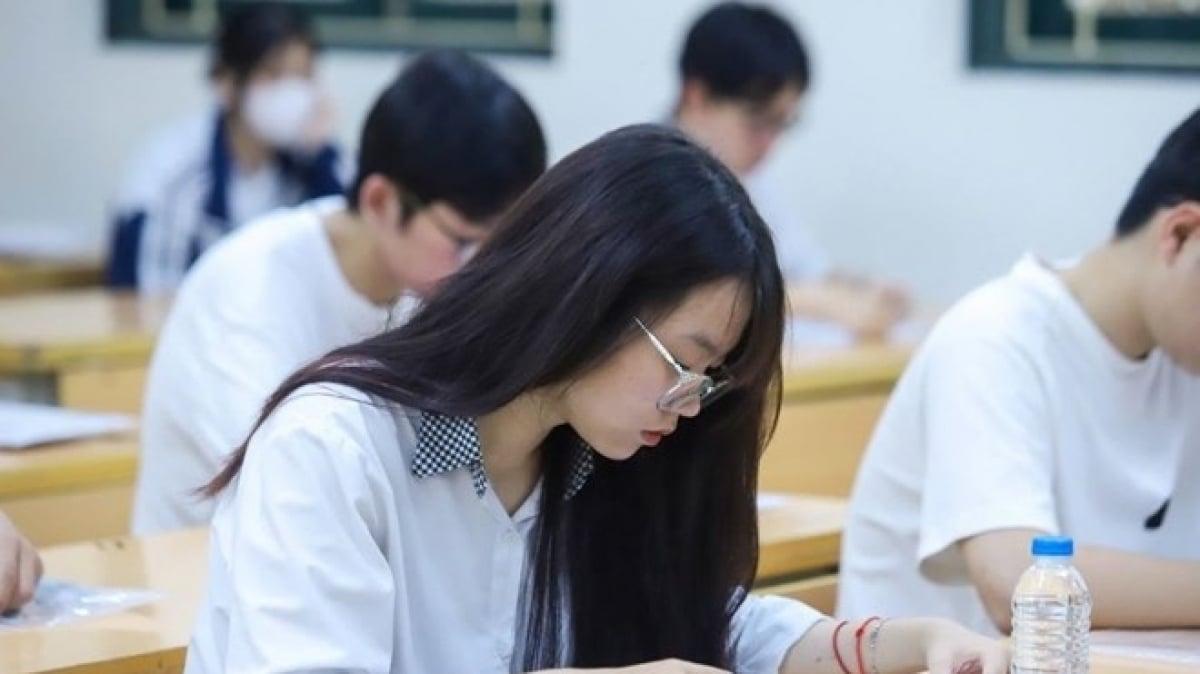
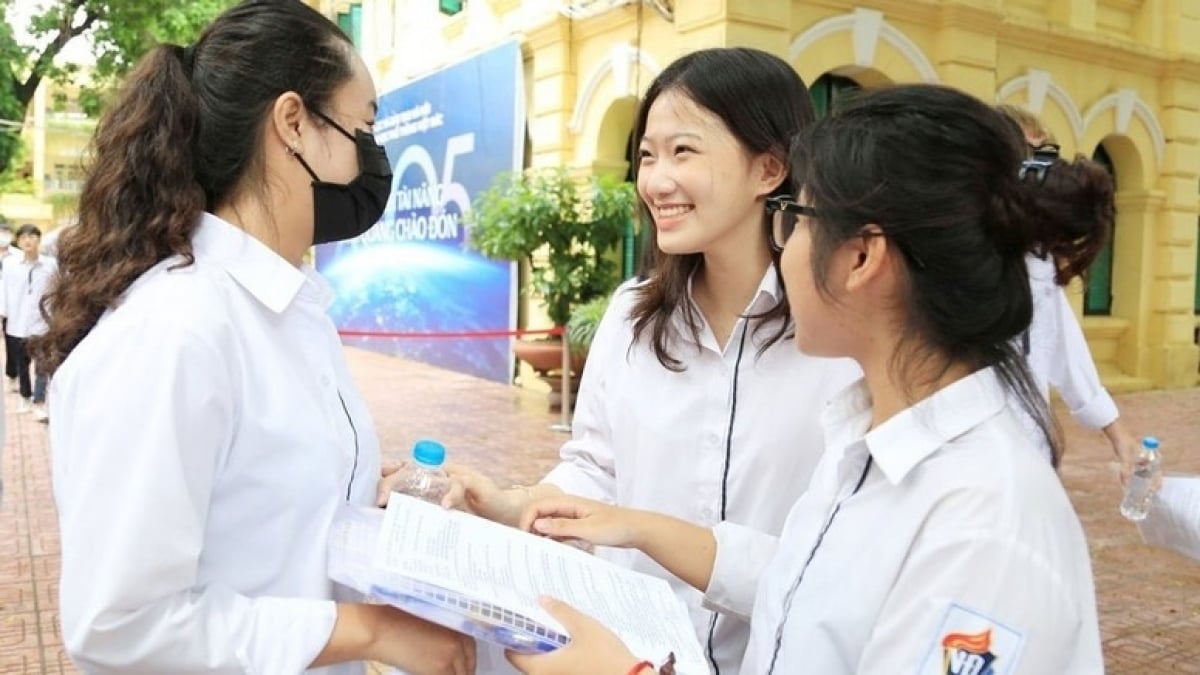


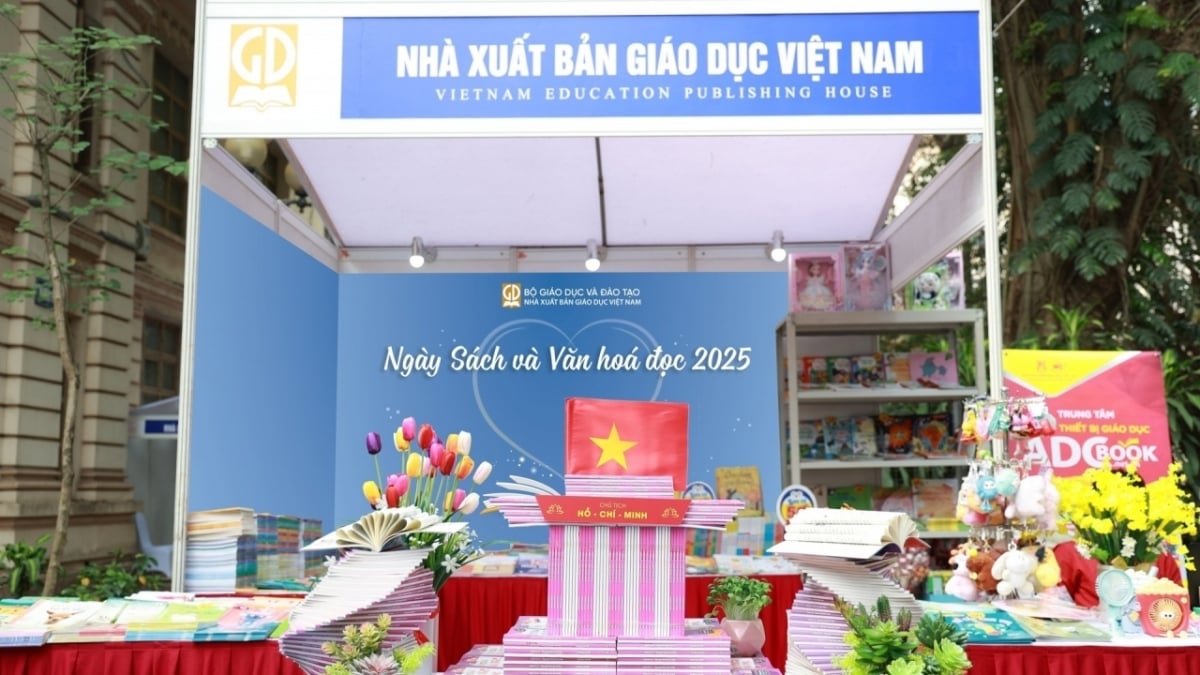
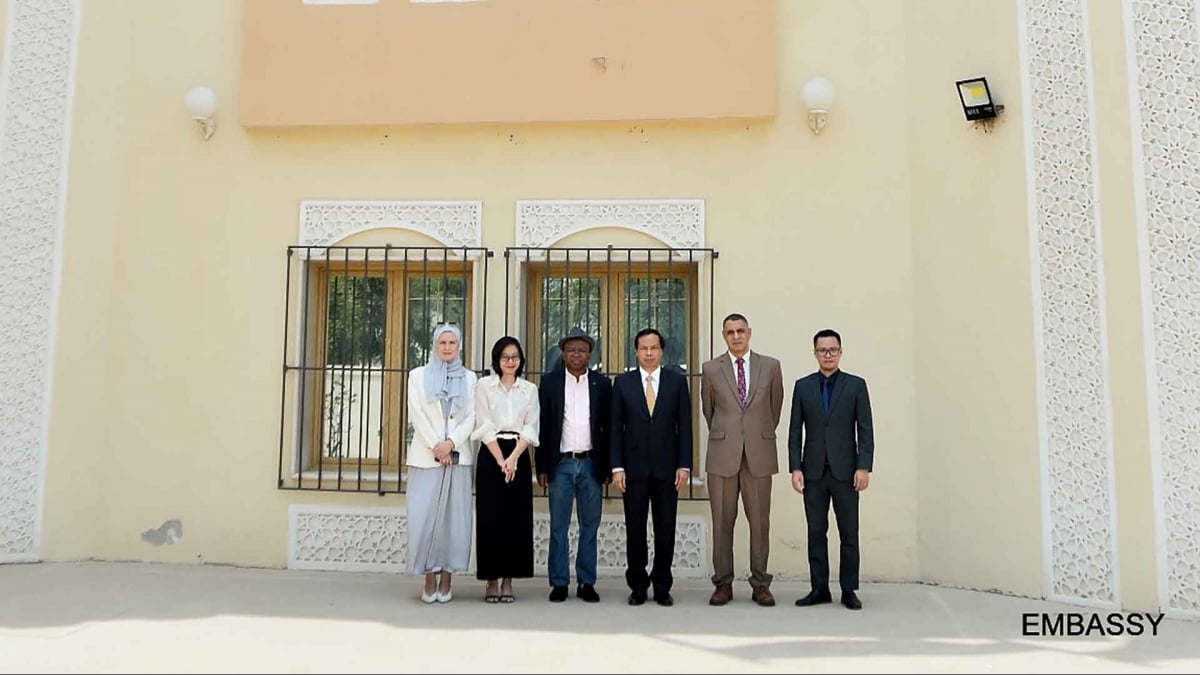


































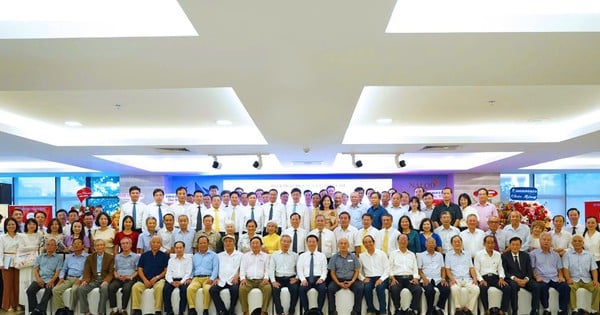

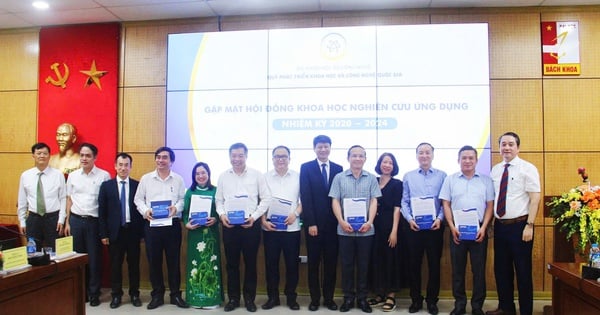







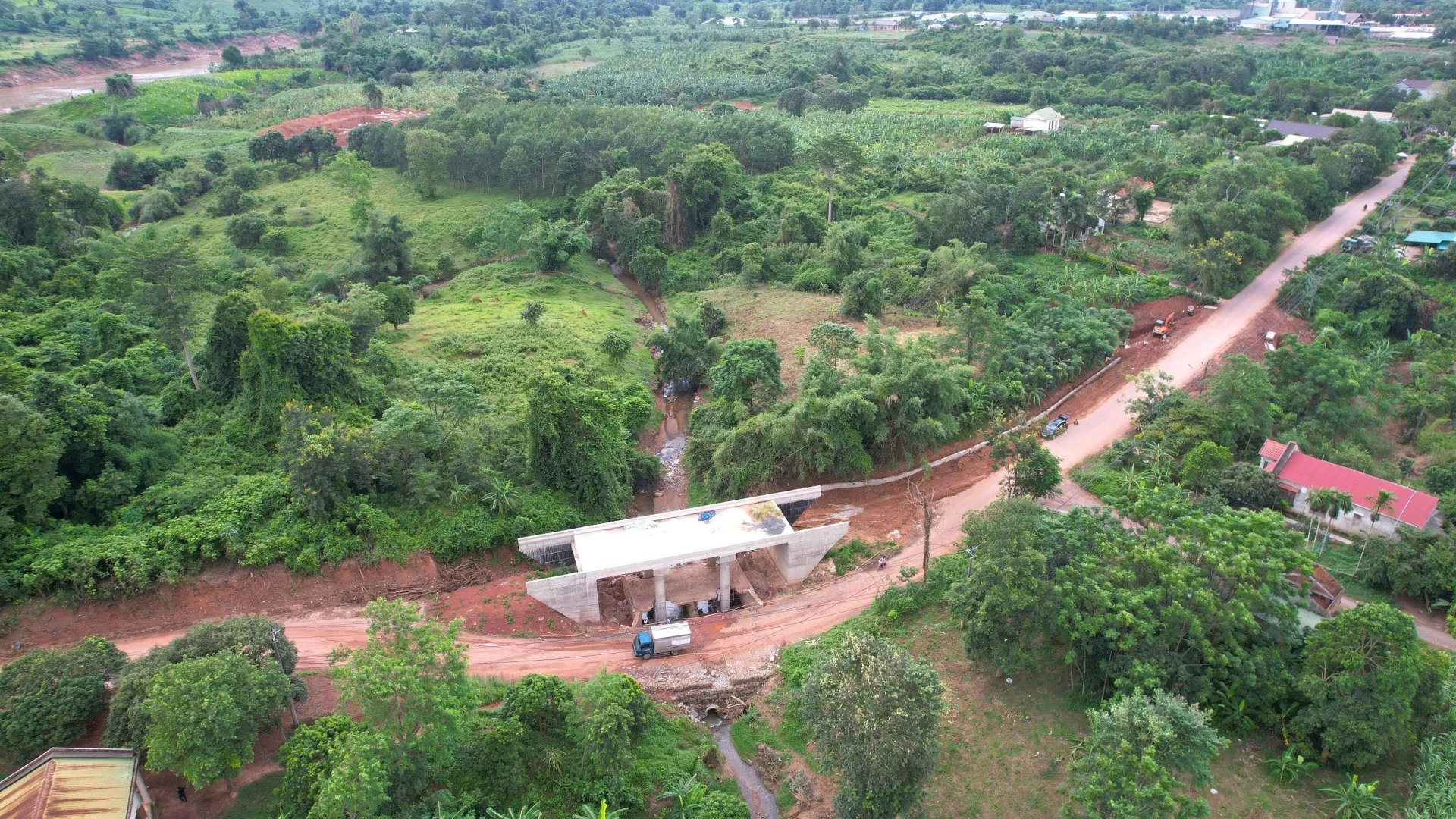

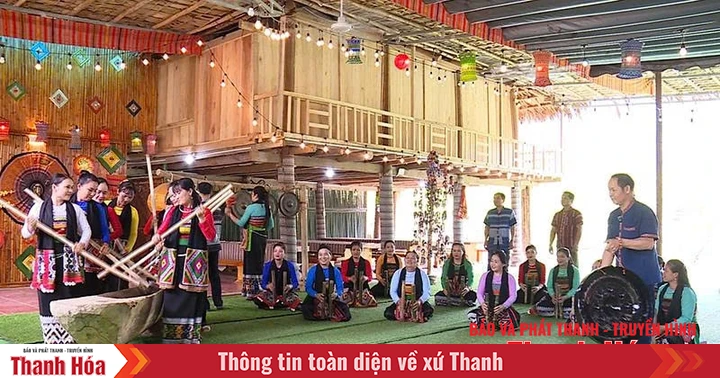

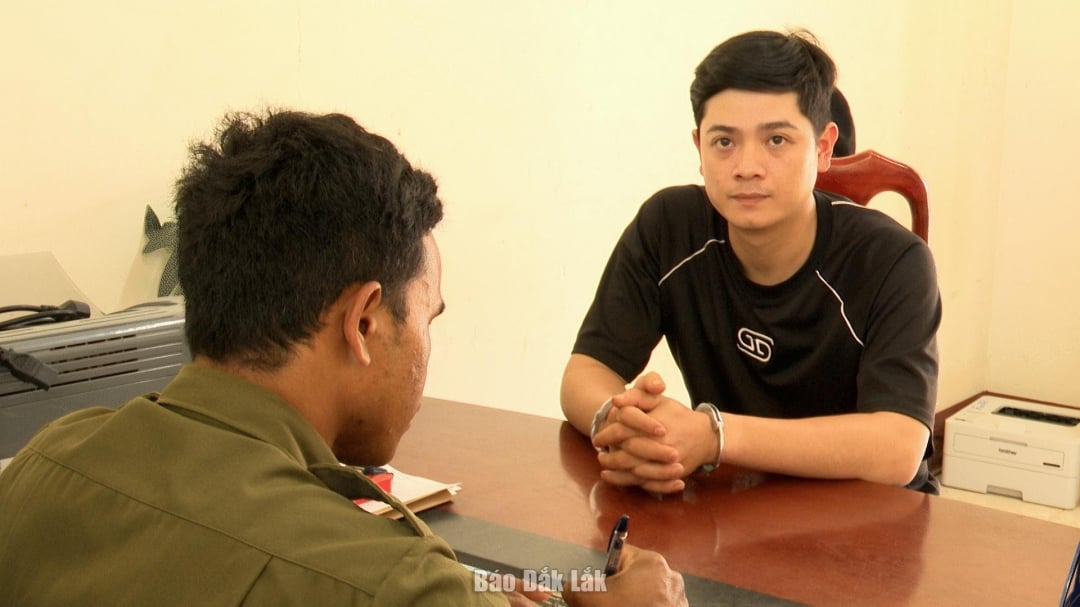


















Comment (0)